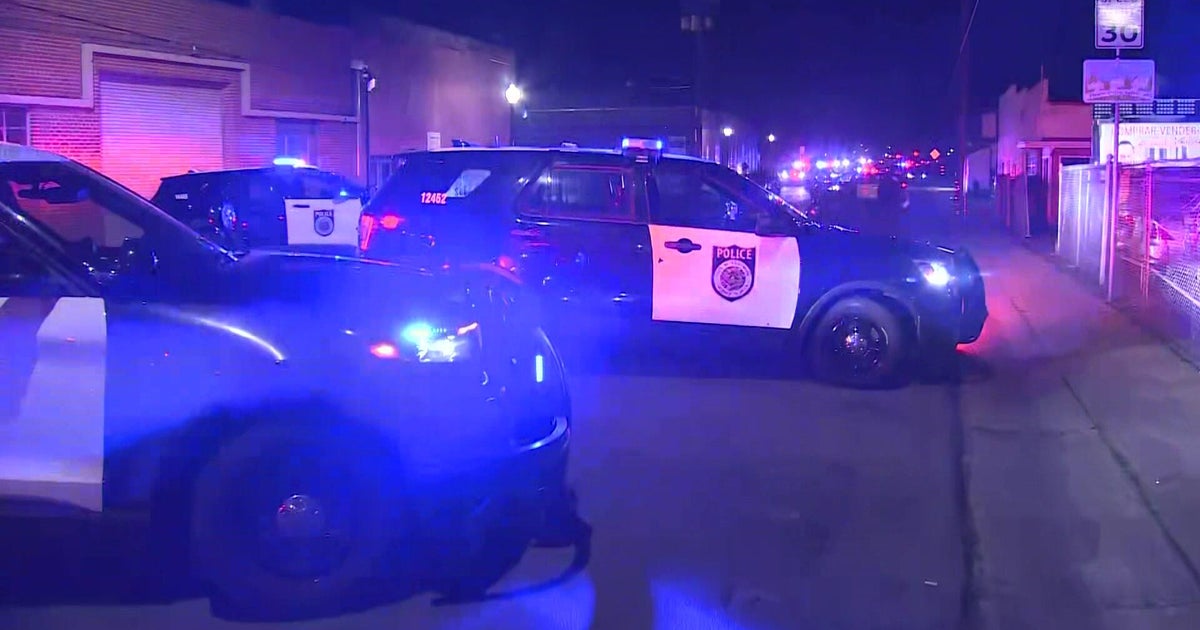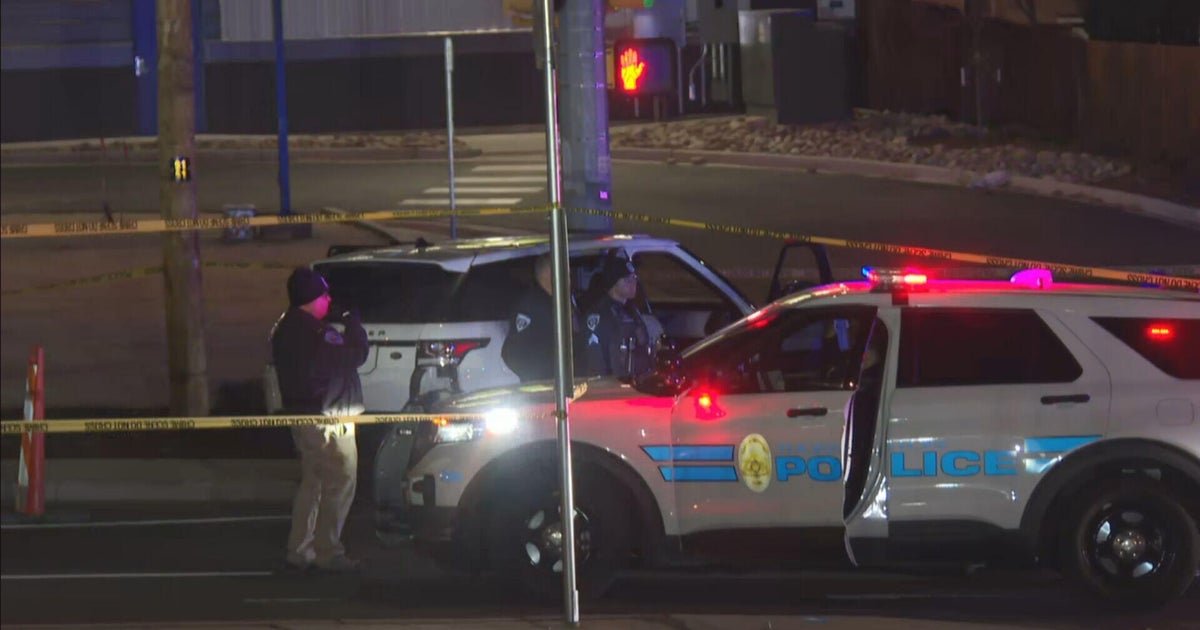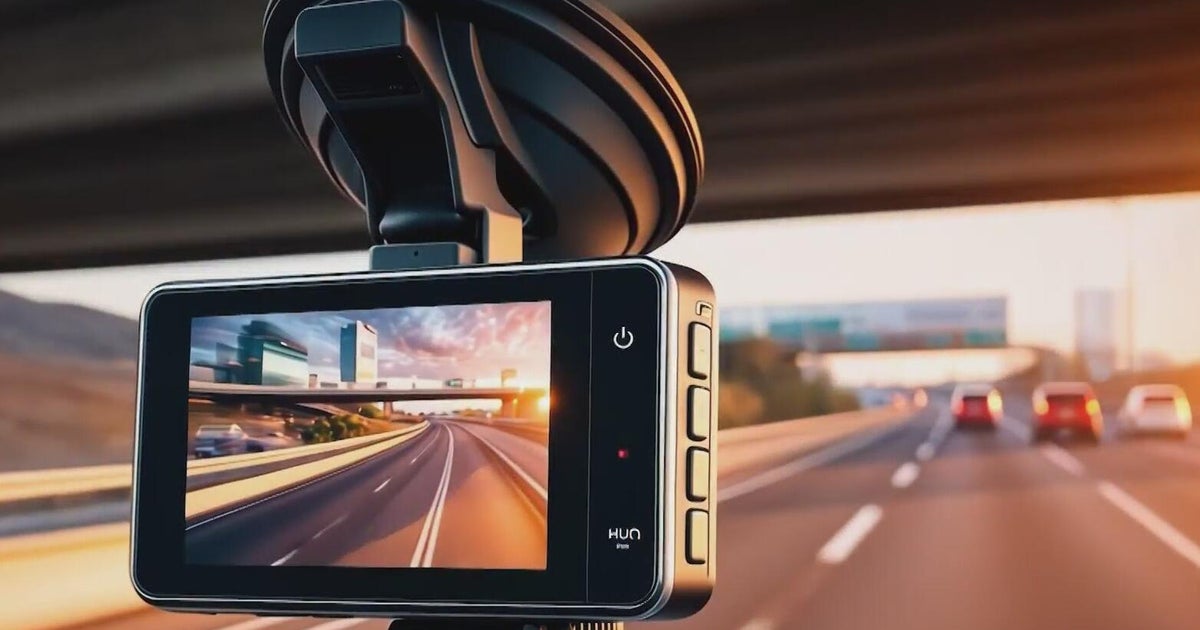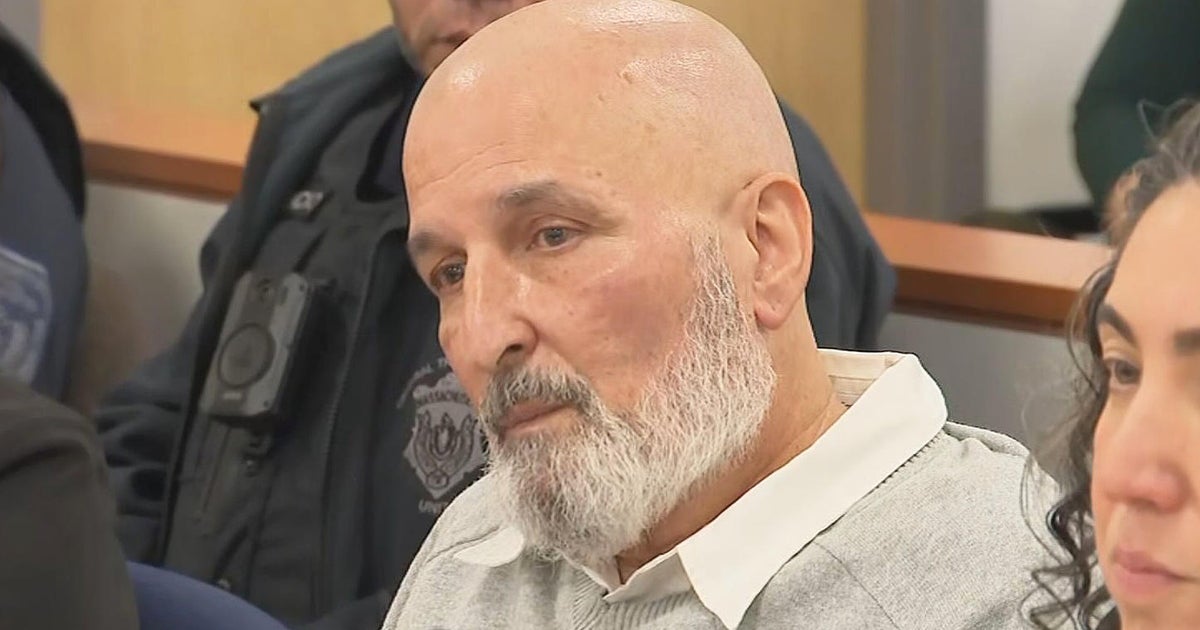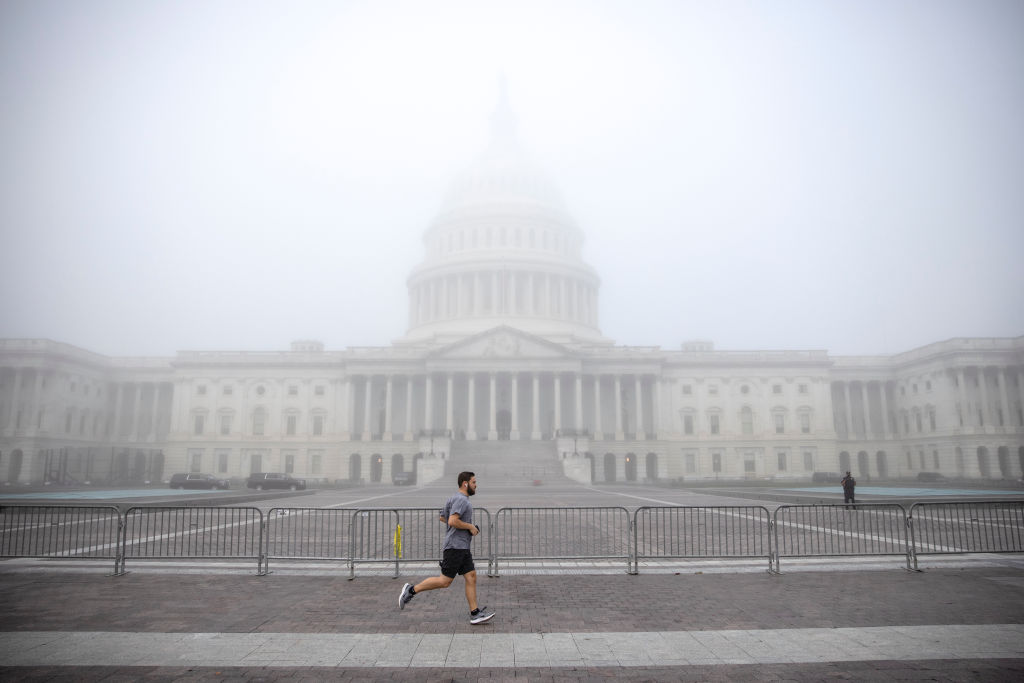What decades of traffic stop data reveals about police bias
Philando Castile, Walter Scott and Sandra Bland were all pulled over by police in routine traffic stops. All are dead.
In an effort to curb racial profiling, North Carolina became the first state to demand the collection and release of traffic stop data. University of North Carolina professor Frank Baumgartner took a look at that data and wrote a book on the subject titled, "Suspect Citizens."
Baumgartner analyzed 22 million traffic stops over 20 years in the Tar Heel State and found that a driver's race, gender, location and age all factor in to a police officer's decision to pull over a vehicle.
"The purpose of our traffic laws should be to keep us all safe. But they have come to be used as an excuse to do a police investigation," Baumgartner told "CBS This Morning: Saturday" co-host Michelle Miller. He said it made him realize "people aren't making stuff up."
The data showed that African Americans had been stopped twice as often as white drivers, and while they were four times more likely to be searched, they were actually less likely to be issued a ticket. The study also highlighted that whites were more likely to be found with contraband than blacks or Hispanics.
"There's a way that police interact with middle-class white Americans and there's a way that people in the police forces interact with members of minority communities, especially in poorer neighborhoods," Baumgartner said. "You're viewed as a criminal suspect."
Chapel Hill Police Chief Chris Blue is a member of the North Carolina Association of Chiefs, a group that initially called the preliminary findings "deeply flawed."
"I think there was some resistance among law enforcement to embrace the findings," Blue said. "Police officers go into this work for noble reasons. ... So when you see results that suggest your work is having disproportionate impacts, that's hard to stomach."
Asked if it is inherent bias, Blue replied, "I'm not sure I know what it is. … Police agencies are trying to think very hard about what policies and interventions that they can put in place that might help balance out some of those disparities that were found in the work."
Attorney Jim Johnson chaired the committee to review New Jersey's police standards after the 1998 shooting of two black and two Hispanic men on the New Jersey turnpike during a routine traffic stop. He called the work being done in North Carolina a "significant public service."
The state agreed to settle with victims for $13 million and ultimately changed the way troopers conduct police business.
"There was a consent decree. And over the course of about 10 years, the state troopers worked with the community, with this Department of Justice to deal with this issue and they dealt with it by gathering data on all traffic stops," Johnson said.
Police discretion is a power that's been backed by the U.S. Supreme Court for decades. Baumgartner believes that's largely because the court looks like him, a white man.
Philando Castile was stopped 46 times according to police records, racking up a total of $6,000 in fines. It's a sum his family has said he could neither fight nor afford.
"When we look at some of these infractions, they're trivial. They're not violent crimes. It's not keeping us any safer," Baumgartner said.
Chief Blue, a 21-year veteran of the force, is known as a police reformer. He became one of the first to implement some of the report's recommendations.
"I think the quality of our work is actually improved," Blue said. "We've de-emphasized an awful lot of low-level kind of traffic enforcement that the numbers really show have a disproportionate effect on communities of color."
Blue also said he doesn't think it's had an impact on their ability to fight crime.
"Our officers are still making traffic stops, the quality of their traffic stops has gone up, the number of unnecessary searches has gone down and the number of searches that has resulted in contraband actually being seized, guns, has gone up," he said.
"For years, citations and arrests were a measure of success … the kind of analysis he did around traffic stops showed us what we thought was effective policing was maybe not achieving the things we thought it would," he said.
Author Frank Baumgartner hopes his analysis influences department practices nationwide.
"Don't use the traffic code to alienate people for no good reason. Don't use the traffic code to go on a fishing expedition to try to show who is boss," Baumgartner said. "When the minority community has a significant voice in their local government, the police department doesn't do this. We can show that voting matters."
Blue said if you get behind wheel of a car you're going to violate the traffic code so an officer could always find some infraction that you violated. That's just how extensive the rule book is.
But Blue has told his officers "the juice better be worth the squeeze," meaning, go after those drivers who pose a real threat on the roads like drunk drivers, excessive speeders and those who ignore stop signs.
